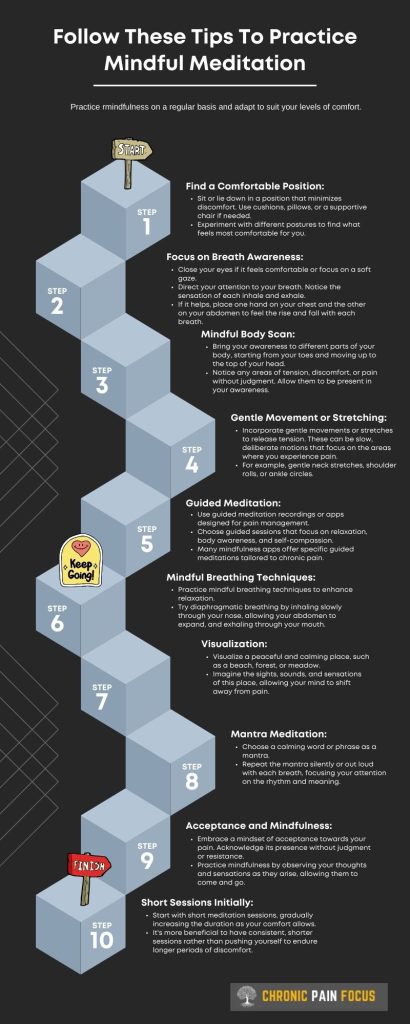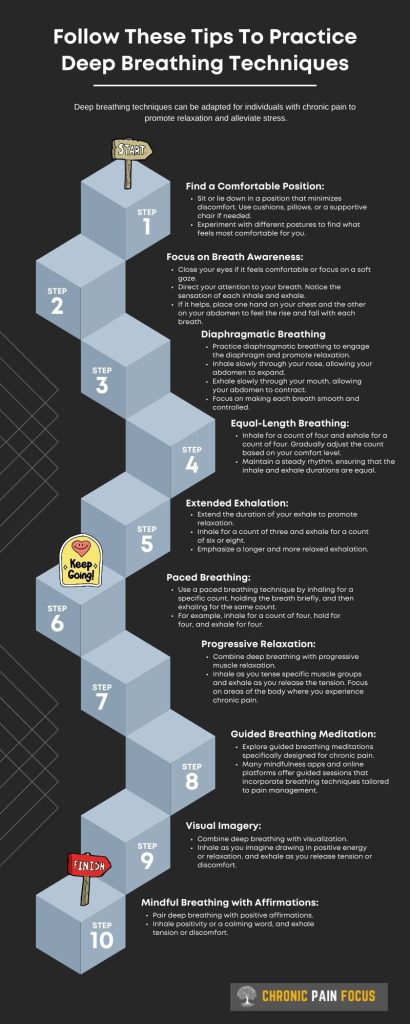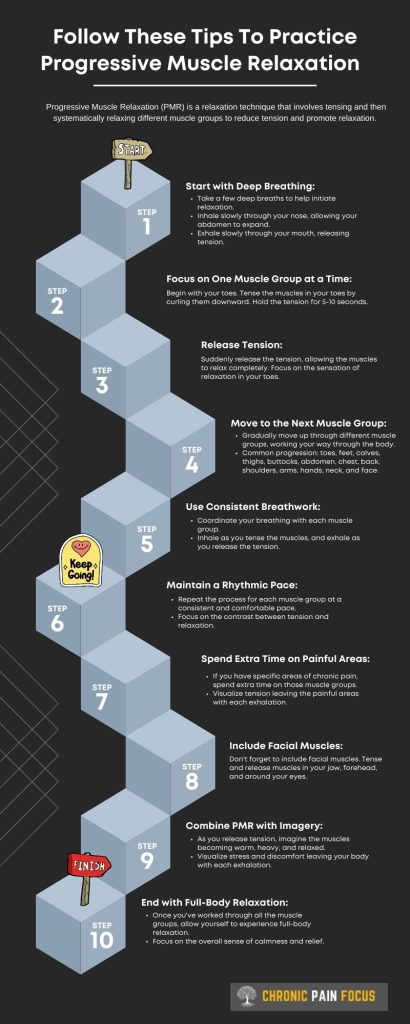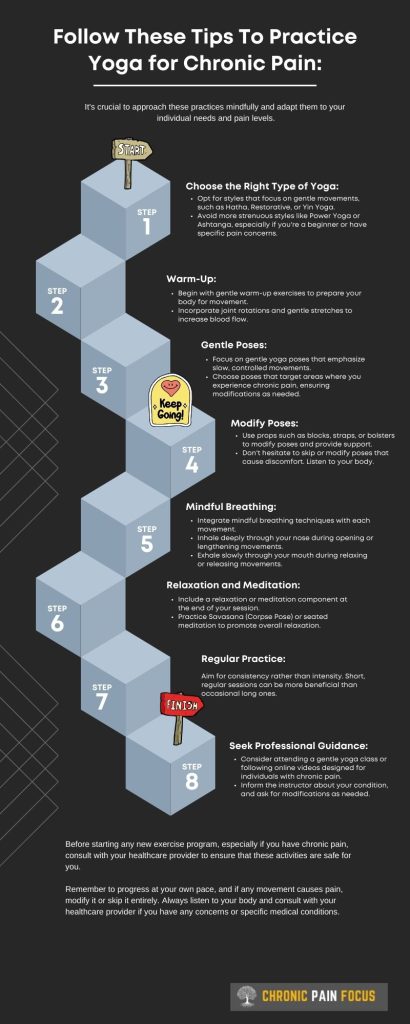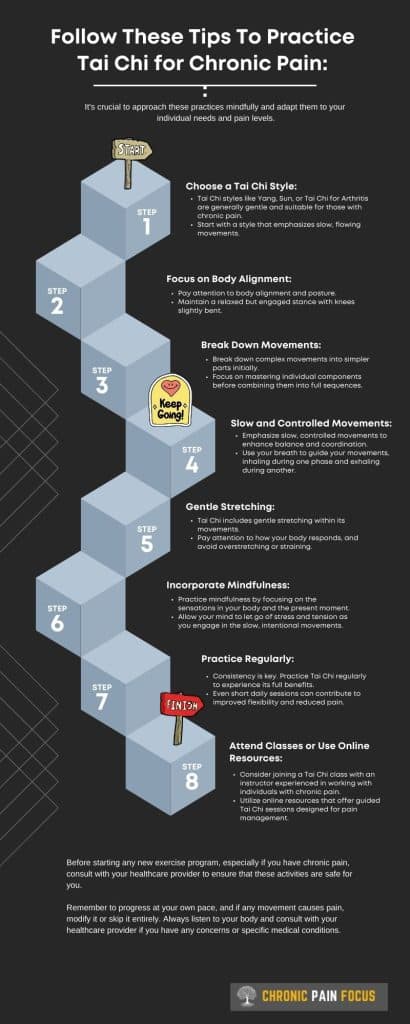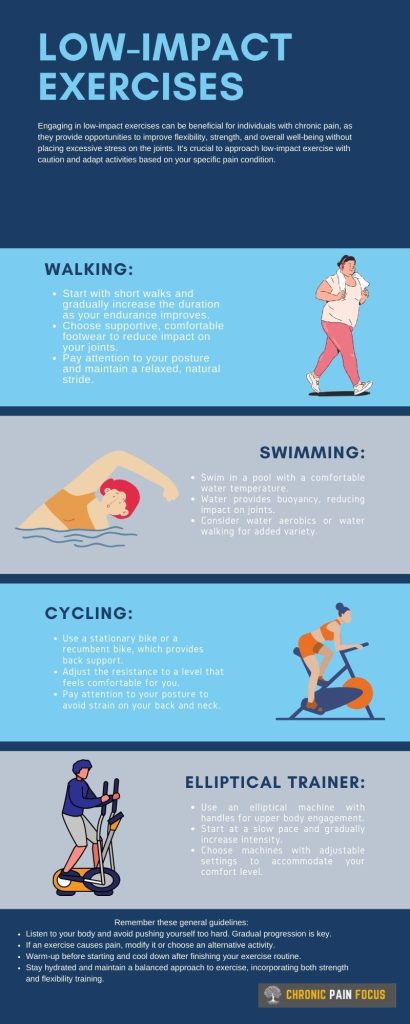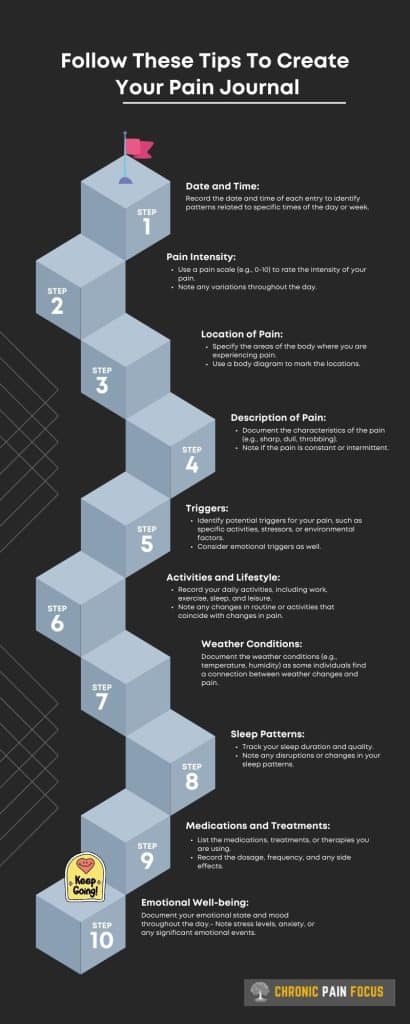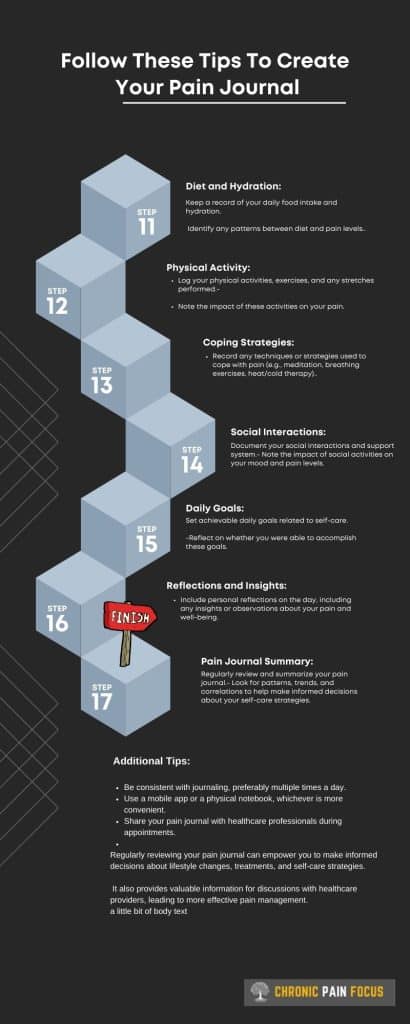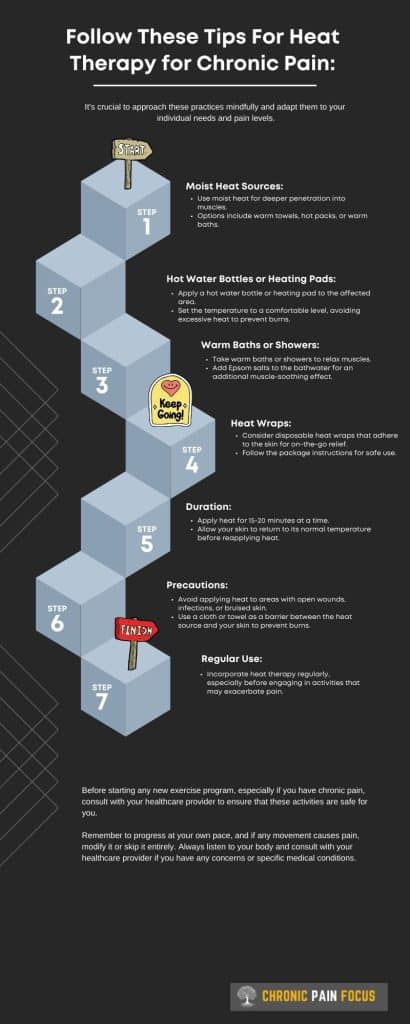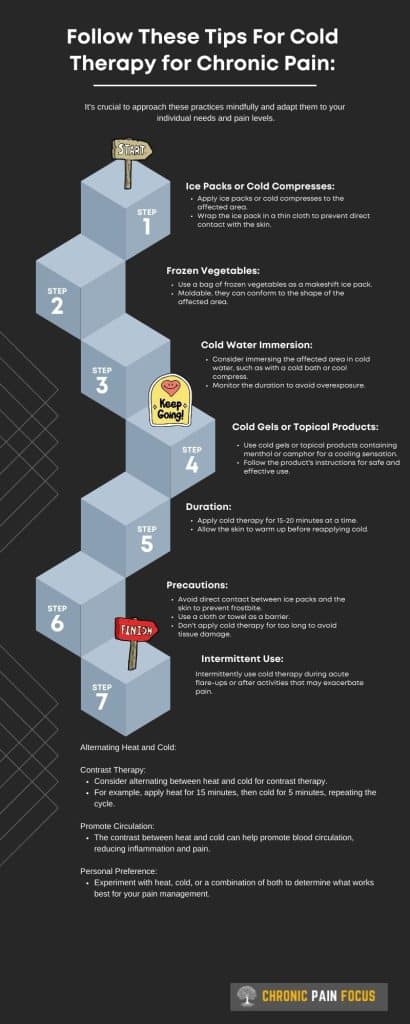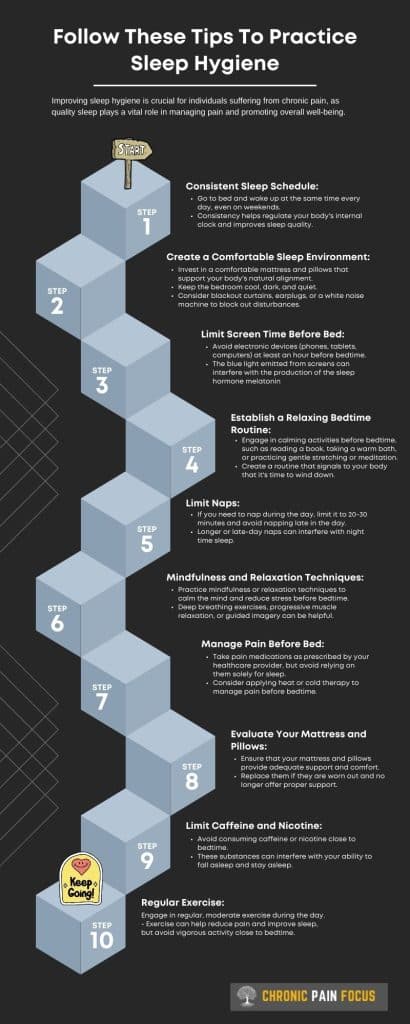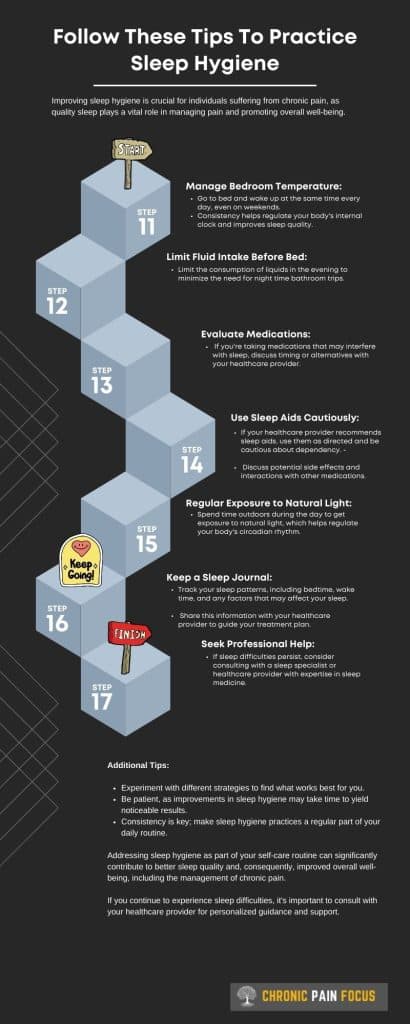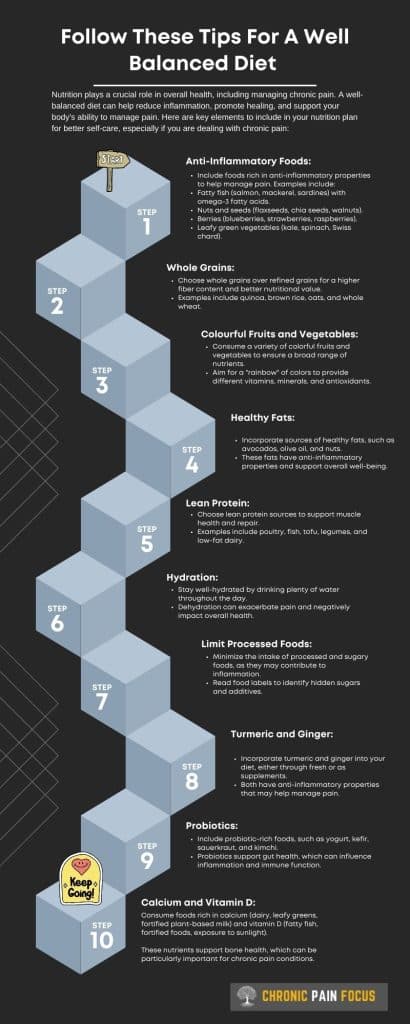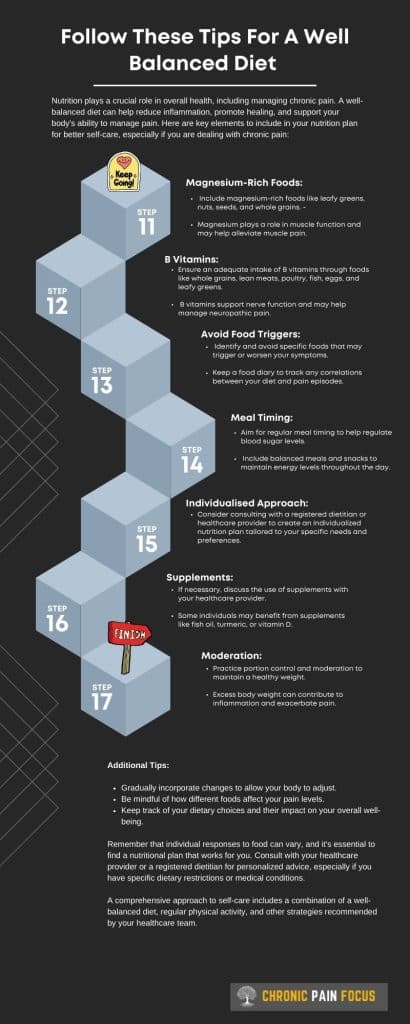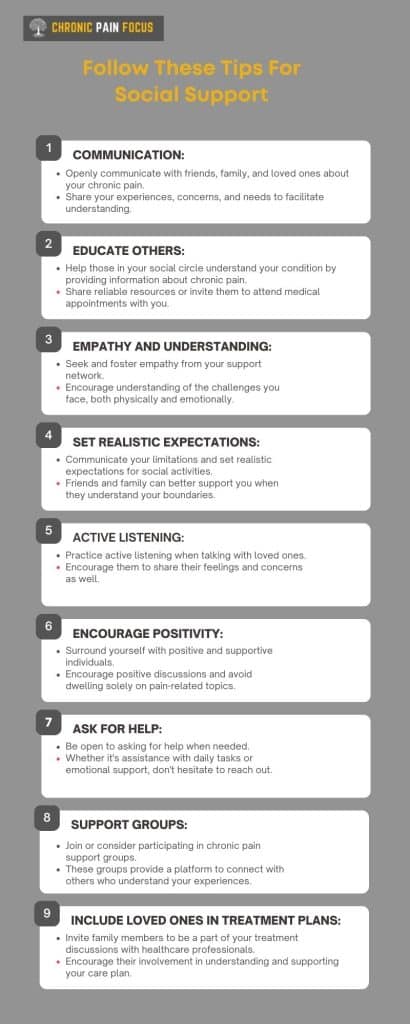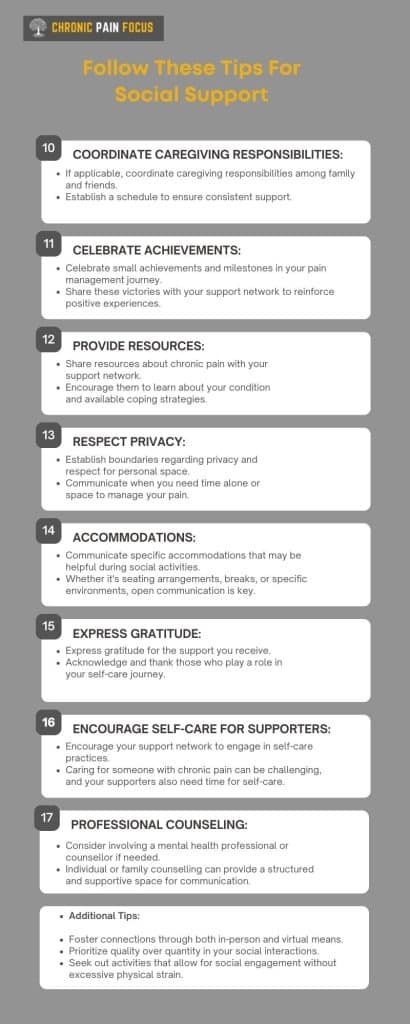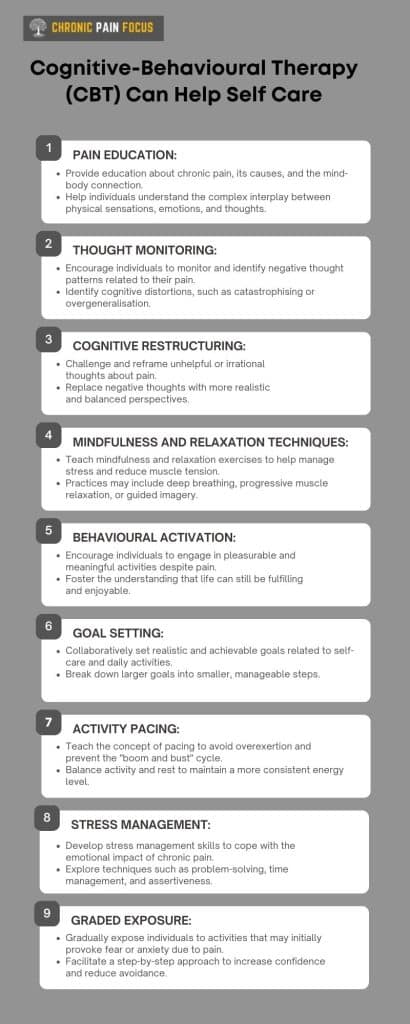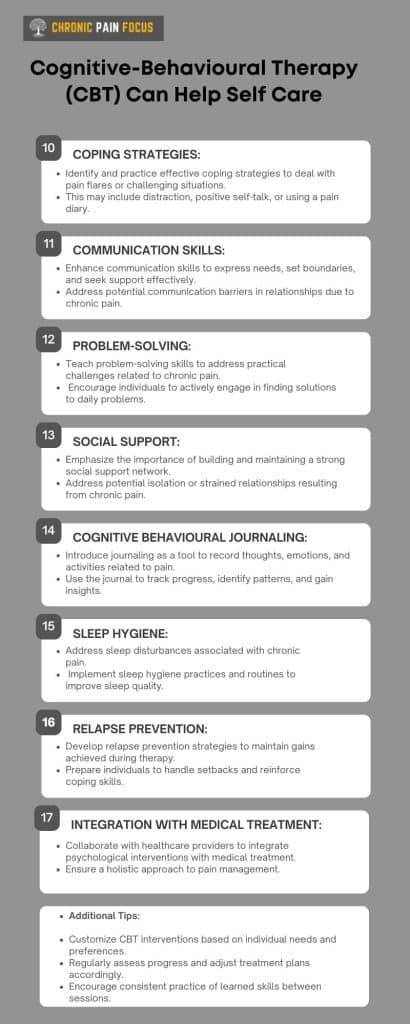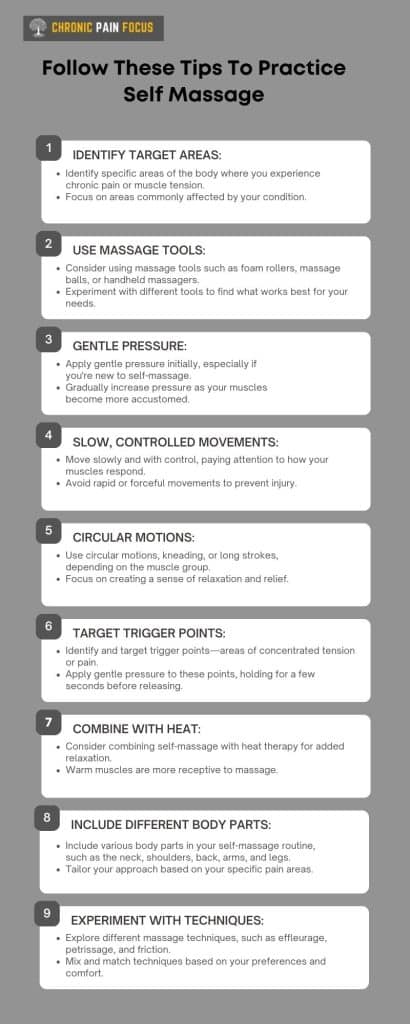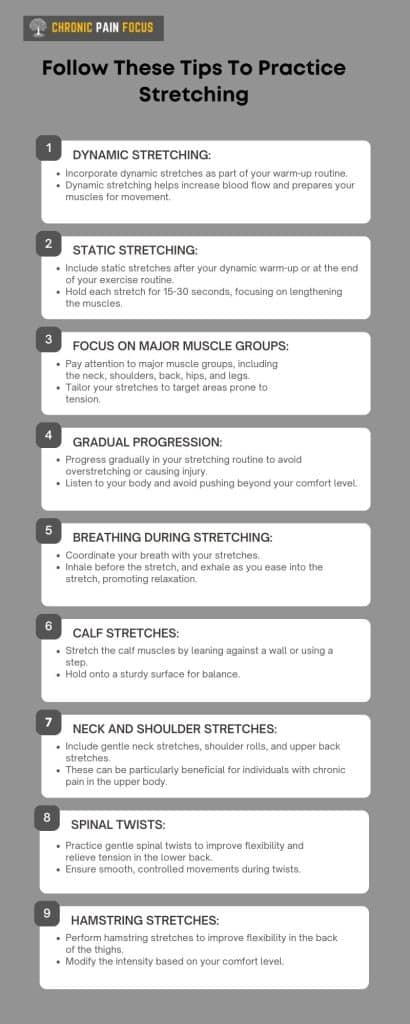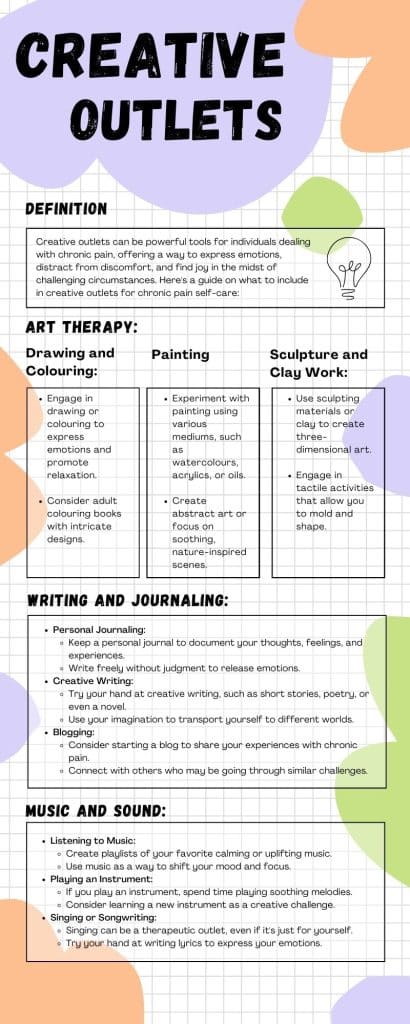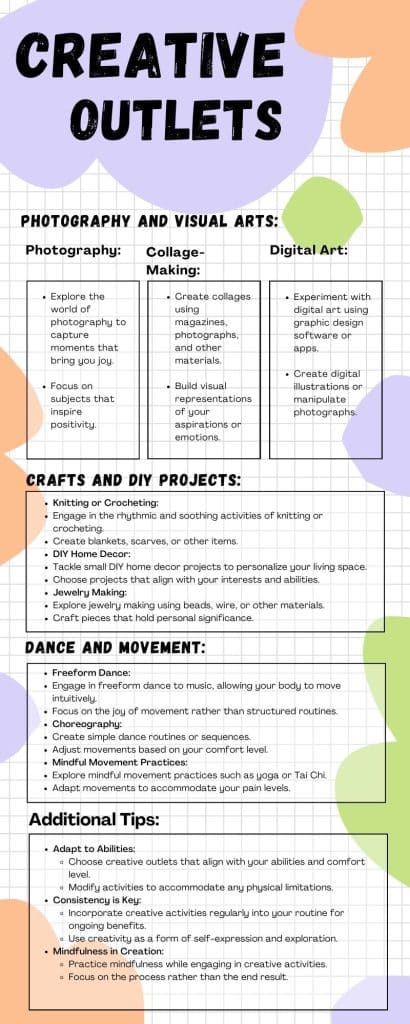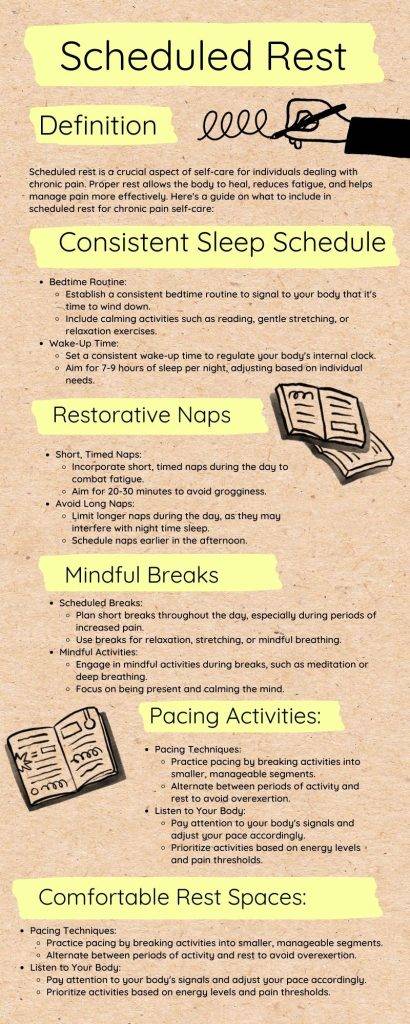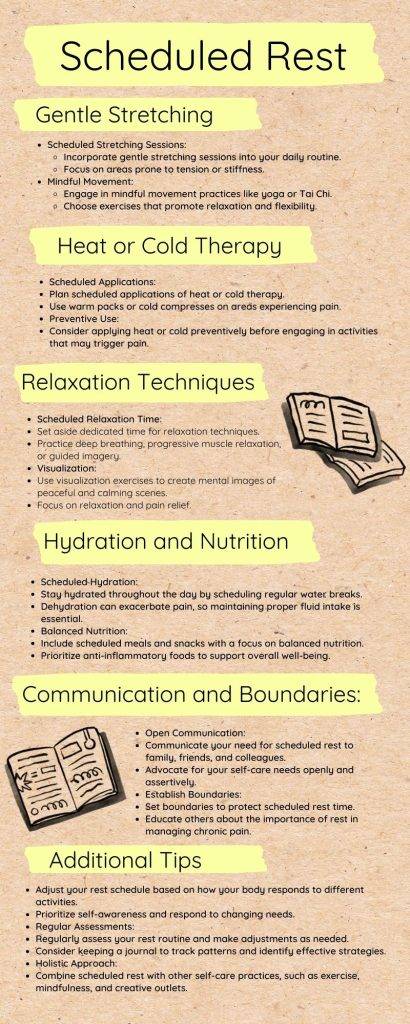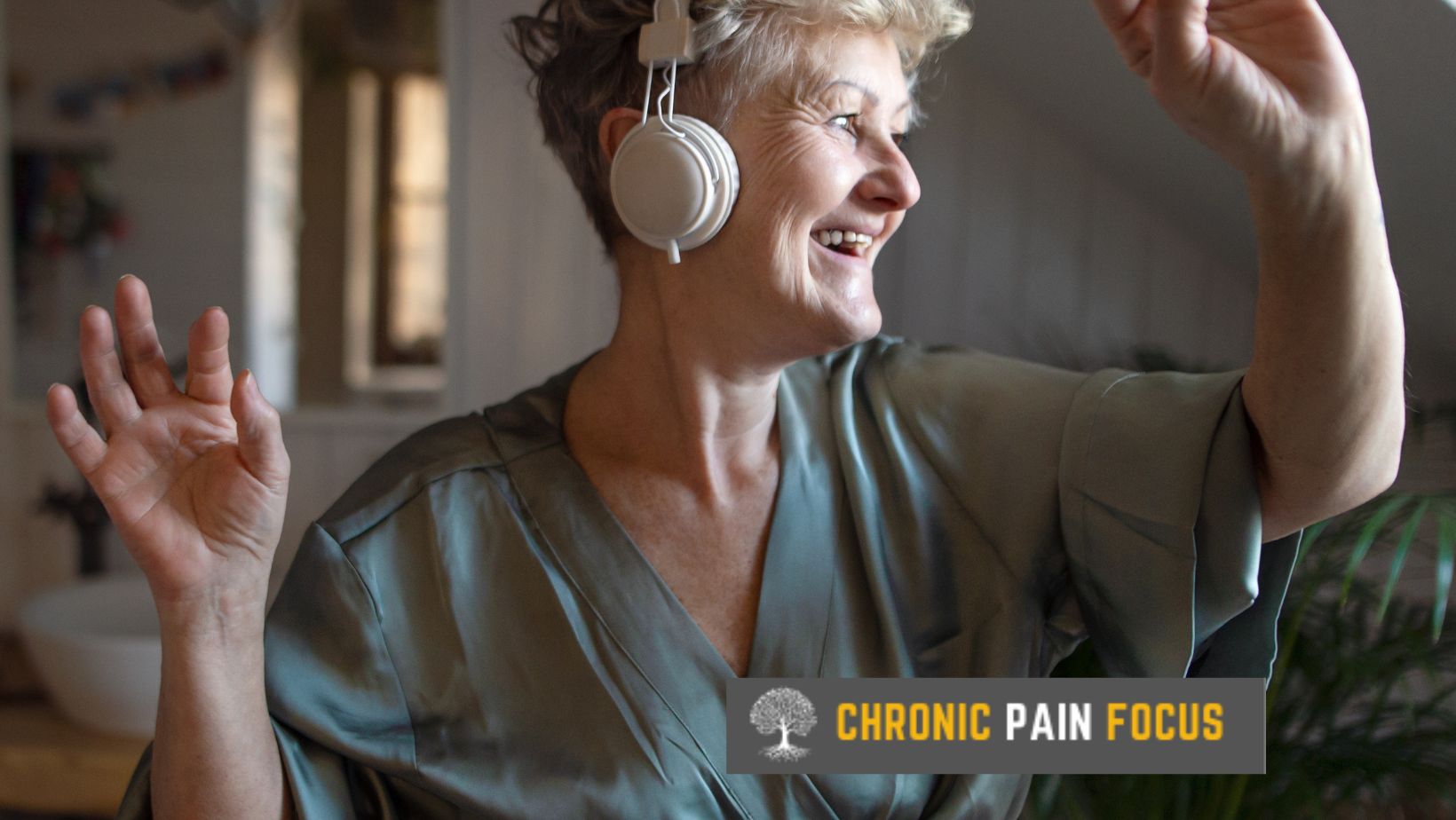
Chronic Pain Self Care Programme
Creating a self-care program for individuals suffering from chronic pain involves a holistic approach that addresses physical, emotional, and mental well-being. It’s crucial to note that individual responses to self-care strategies may vary, so it’s important for individuals to consult with healthcare professionals before starting any new program. Here’s a comprehensive self-care program for chronic pain management:

Take Advantage Of Our Free Self Care Programme.
If you are suffering from Chronic Pain our self care programme can offer you relief and you can get free access immediately.
Which includes:
Mind-Body Practices, Physical Activity
Pain Journal, Hot and Cold Therapy
Sleep Hygiene, Nutrition
Social Support plus lots more
And you can download our free digital book about self care packed with great advice and useful tips.
Download By Clicking The Button Below
Self Care Programme
Mind-Body Practices
Meditation can be a valuable tool for managing chronic pain, helping to promote relaxation and reduce stress. However, it’s important to approach meditation with a gentle and adaptable mindset, especially when dealing with chronic pain.
Deep breathing techniques can be adapted for individuals with chronic pain to promote relaxation and alleviate stress. Here’s a guide on how to practice deep breathing while considering the unique needs of those experiencing chronic pain:
Progressive Muscle Relaxation (PMR) is a relaxation technique that involves tensing and then systematically relaxing different muscle groups to reduce tension and promote relaxation. It can be a valuable tool for managing chronic pain by helping to alleviate muscle tension and improve overall well-being
Physical Activity
Both yoga and Tai Chi are mind-body practices that can be effective in managing chronic pain by improving flexibility, strength, balance, and promoting relaxation. It’s crucial to approach these practices mindfully and adapt them to your individual needs and pain levels. Before starting any new exercise program, especially if you have chronic pain, consult with your healthcare provider to ensure that these activities are safe for you. Here’s a guide on how to do yoga and Tai Chi for chronic pain management.
Engaging in low-impact exercises can be beneficial for individuals with chronic pain, as they provide opportunities to improve flexibility, strength, and overall well-being without placing excessive stress on the joints. It’s crucial to approach low-impact exercise with caution and adapt activities based on your specific pain condition. Before starting any new exercise program, consult with your healthcare provider to ensure that the chosen activities are safe for your individual situation.
Pain Journal
A pain journal is a valuable tool for individuals suffering from chronic pain to track and manage their symptoms effectively. Keeping a detailed record can help identify patterns, triggers, and potential factors contributing to pain. Here are key elements to include in a pain journal to enhance self-care for chronic pain sufferers:
Hot and Cold Therapy
Heat and cold therapy are commonly used self-care techniques for managing chronic pain. These therapies can help reduce inflammation, soothe sore muscles, and alleviate pain. When using heat or cold therapy as part of your self-care routine, consider the following guidelines:
Sleep Hygiene
Improving sleep hygiene is crucial for individuals suffering from chronic pain, as quality sleep plays a vital role in managing pain and promoting overall well-being. Here are key elements to include in sleep hygiene practices for individuals with chronic pain:
Nutrition
Nutrition plays a crucial role in overall health, including managing chronic pain. A well-balanced diet can help reduce inflammation, promote healing, and support your body’s ability to manage pain. Here are key elements to include in your nutrition plan for better self-care, especially if you are dealing with chronic pain:
Social Support
Social support is a crucial component of self-care for individuals dealing with chronic pain. Building a strong social support network can provide emotional, practical, and informational assistance, fostering a sense of connection and resilience. Here are key elements to include in social support to enhance self-care for chronic pain sufferers:
Cognitive-Behavioral Therapy (CBT)
Cognitive-Behavioural Therapy (CBT) is an evidence-based therapeutic approach that can be effective in helping individuals manage chronic pain by addressing the psychological and behavioural aspects of their experience. CBT for chronic pain is often conducted by licensed mental health professionals, such as psychologists or therapists, who specialize in pain management. The therapeutic process is collaborative, empowering individuals to actively participate in their self-care and pain management. Here are key elements to include in CBT for chronic pain to improve self-care:
Self-Massage and Stretching
Self-massage and stretching can be valuable components of a self-care routine for individuals dealing with chronic pain. Incorporating these practices may help improve flexibility, reduce muscle tension, and alleviate discomfort. Here’s a guide on what to include in self-massage and stretching for chronic pain:
Creative Outlets
Creative outlets can be powerful tools for individuals dealing with chronic pain, offering a way to express emotions, distract from discomfort, and find joy in the midst of challenging circumstances.
Creative outlets can offer a sense of empowerment, allowing individuals with chronic pain to reclaim aspects of their lives beyond the challenges of their condition. Whether it’s through visual arts, writing, music, or movement, finding a creative outlet that resonates with you can contribute positively to your self-care journey. Here’s a guide on what to include in creative outlets for chronic pain self-care:
Scheduled Rest
Scheduled rest is a crucial aspect of self-care for individuals dealing with chronic pain. Proper rest allows the body to heal, reduces fatigue, and helps manage pain more effectively. Scheduled rest is not just about the quantity of rest but also the quality. Striking a balance between rest and activity is essential for managing chronic pain effectively. It’s important to tailor your rest routine to your specific needs and consistently prioritize self-care. Here’s a guide on what to include in creative outlets for chronic pain self-care:
